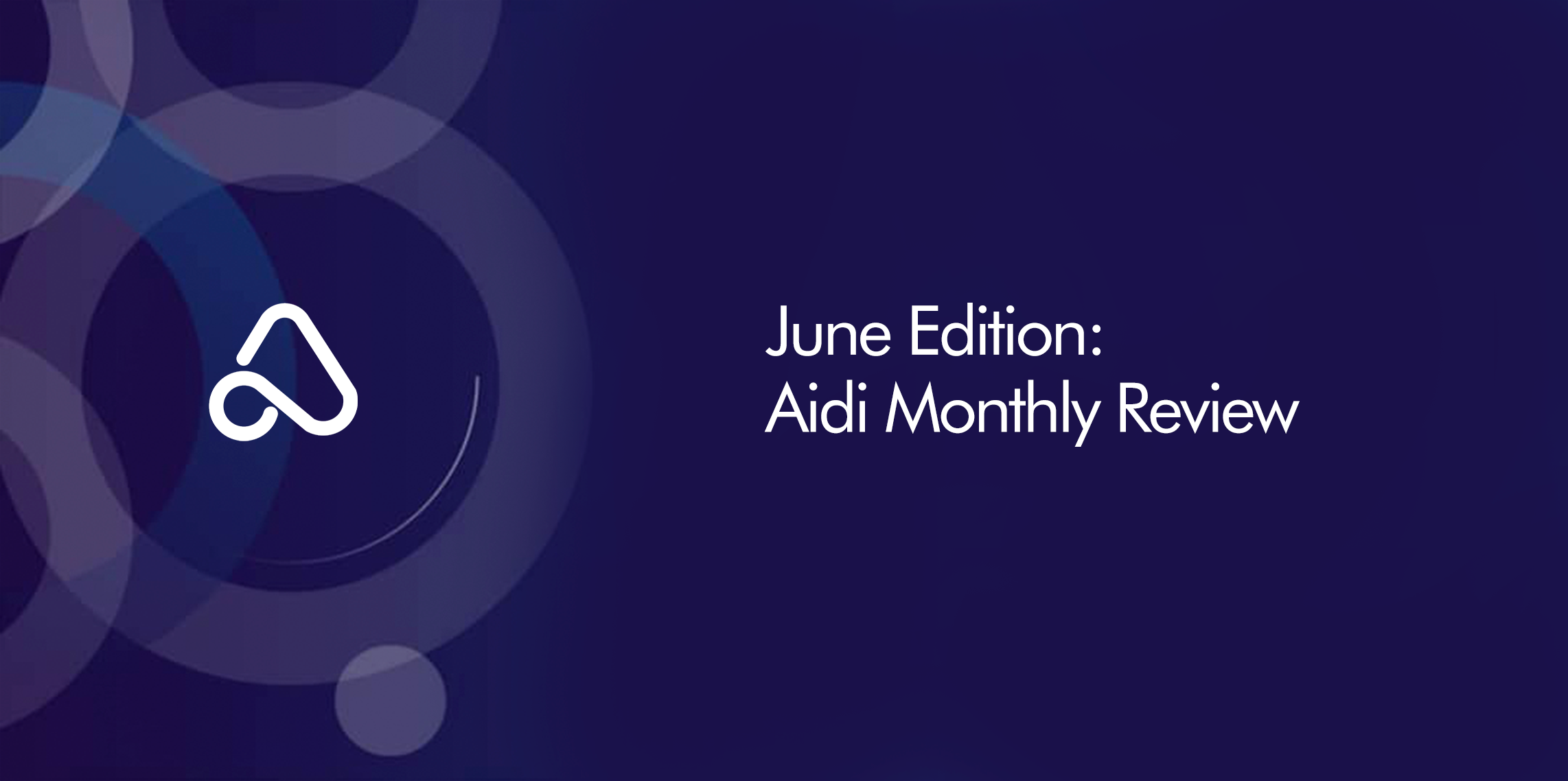Aidi — Kune?
Return
In this issue, we’ll examine why Kune Food failed, Amazon's planned market entry to Africa and what it entails for Jumia and Konga, Grey Africa's expansion into Kenya, and finally, opportunities founders can apply for.
1. What happened to Kune?
On Wednesday, June 22nd, Robin Reecht announced on Linkedin that Kune, a Food Tech startup with 90 employees, 7 distribution hubs and 6000 customers had shut down. The founder wrote that inability to raise funding and rising food costs attributed to this. According to the national statistics bureau, Kenya’s inflation rate hit a 27-month peak as of may with the cost of living measured at 7.1% in the same month.
Kune was founded in December 2020 with a mission to offer ready-to-eat affordable meals for Kenyans at $3 and started full operations in 2021 after an early trial. In the same year, they raised $1 in pre-seed funding and an unannounced amount from a Kenyan bank.
Reecht mentioned in an interview with Techcrunch, that the desire to establish Kune was borne out of difficulty finding affordable and good ready-to-eat food when visiting the country in 2020. This statement caused quite a stir among Kenyans especially when Kune raised funding. Many attributed his ability to raise funding so quickly to white privilege as this happened before the business began full operations. Reecht apologized for the comment and expressed enthusiasm for the business and the funding received.
Although Kune announced its intentions to raise $3.5m to increase production capacity in 2022, they were unable to achieve this. Their inability to raise funding led to the failure of the business as they ran out of cash. This is not surprising seeing that a lack of funding attributes to about 38% of startup failures in Africa.
Kune’s failure can also be attributed to a lack of innovation. The business pivoted to using Glovo and Uber eats for deliveries contrary to its promise of building its own fleet of 100 electric motorcycles in 2022. They used the same model other existing businesses were using and so, had no unique value proposition when their initial plan was to disrupt these players. Innovation for any business should be focused on either improving an existing system or creating a new one. Kune failed to achieve either of these and could not keep up with the demands of the business and the cost of logistics involved.
Other factors which led to the failure of this startup include- an extremely high burn rate and poor business strategy- establishing the Giga kitchen to meet the daily demand of 5k orders and ending up making only less than 1k deliveries per day.
Kune’s news has caused founders to ask the big question once again- what can founders do while investment is slowing down and ensure they do not run out of cash? We spoke with Gaston Bilder, a business angel to examine how founders can save cash and thrive regardless of the market conditions. You can read all about it on the blog.
2. Amazon, Jumia and Konga
In line with documents obtained by Business Insider, Amazon is set to expand operations to 5 countries in Africa, South America and Europe (Belgium, Chile, Nigeria, Colombia and South Africa) with plans to establish an online marketplace in 2 African countries.
Belgium's marketplace is slated for late September, That of Colombia for February 2023, South Africa in February 2023, and Nigeria and Chile are due to launch in April 2023. All listed countries are to launch with their own fulfilment centres (called Fulfillment by Amazon) with prime membership available at launch to Belgium. Although Amazon has been dialling back on retail in the US, it continues to invest in other regions that have the capacity to generate long-term growth.
Amazon is making these movies in order to generate more demand and recoup the losses made as a result of the Covid-19 pandemic. They have been curtailing hiring, subleasing warehouse space and limiting delivery expansion network to recoup losses made. Onboarding and expanding to other countries will enable Amazon to fill most of its warehouses that are currently experiencing excess capacity after overbuilding facilities during the lockdown. So, establishing marketplaces in other countries will speed up Amazon’s international sales with Belgium projected to sell 3.94b euros worth of products by 2027.
The news of the expansion poses stiff competition between this tech giant and existing marketplace startups in Africa. Jumia is currently a key player in this market in terms of Gross Merchandise Value, as reported by Nairametrics. Konga on the other hand reported an increase in turnover (by 800%) in 2019 and a massive reduction in losses over the past 18 months of acquisition. Konga has focused on its pay-on-delivery option with an extension to more Nigerian cities after the acquisition.
Buy Experts have written that Amazon has a reputation for gaining market share when launching in new markets, by undercutting local competitors. After gaining a large percentage of local customers and third-party sellers, they focus on marketing Amazon devices and place greater emphasis on Amazon Prime membership. Their focus most times isn’t just on profitability but on revenue generation that can be used for reinvestment. Moreover, in the first quarter of 2021, Amazon’s sales in international markets increased by 60% compared to the same time in 2020, showing increasing traction in other markets.
In spite of this, expansion to a new market can be expensive, and Amazon’s international segment is its biggest cost generator with over $7billion invested in India and $1.3billion lost in expansion efforts in the first quarter of 2022.
Will expansion costs outweigh the profits Amazon is likely to make in Nigeria giving Jumia and Konga more room to double down on existing efforts? Will this lead Jumia and Konga to roll out more options for consumers, in a bid to beat the competition? Will Jumia and Konga beat this competition by employing the home-field advantage tactics?
If you'd love to know more about survival strategies for local businesses in emerging markets, this article by HBR is a great resource.
3. Inside Aidi
- Our portfolio company, Grey Finance has partnered with Cellulant for East African Expansion (starting with Kenya), to address the difficulty of sending and receiving money abroad. Read all about it on their website
- Moni Africa is looking to hire a Senior Product Designer to work with the design team in building great user interfaces and experiences for their users. Know any excellent product designers? Please share recommendations with us
4. Opportunities
- The ARM Labs Lagos Techstars accelerator program for early-stage fintech and proptech startups is now open. Application ends by August 24th, 2022
- Startup Wise Guys Accelerator is now accepting applications for African B2B SaaS startups. All applications should be done before Aug 25, 2022
- Impact-driven startups using technology to address sustainable development goals are encouraged to apply for the MEST Express Accelerator Program before July 10, 2022





